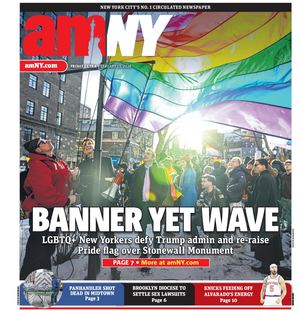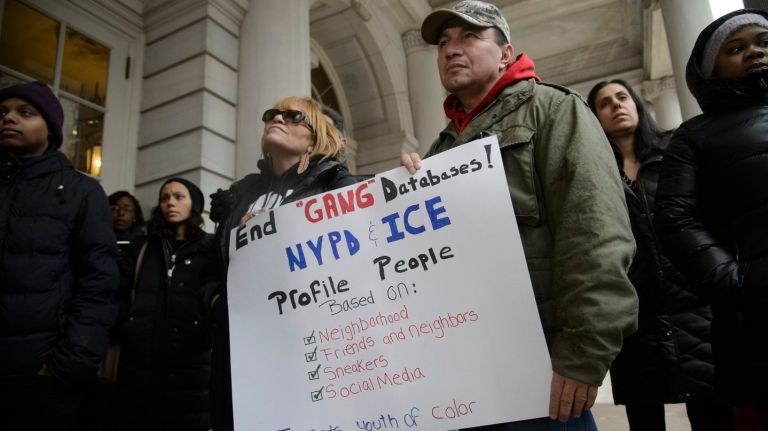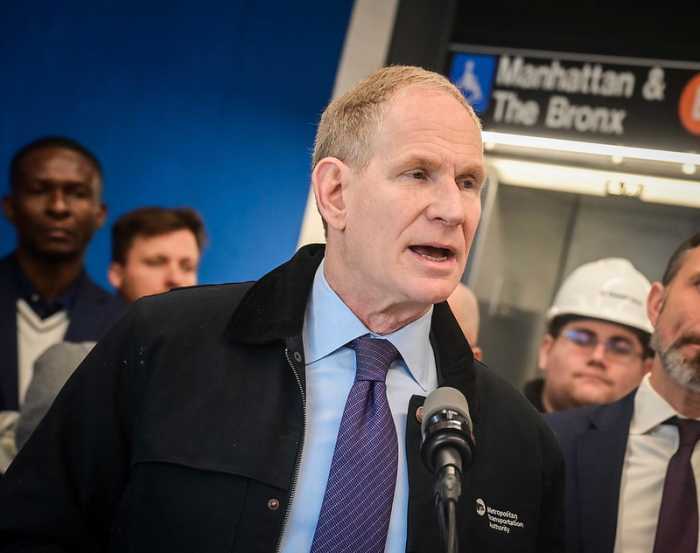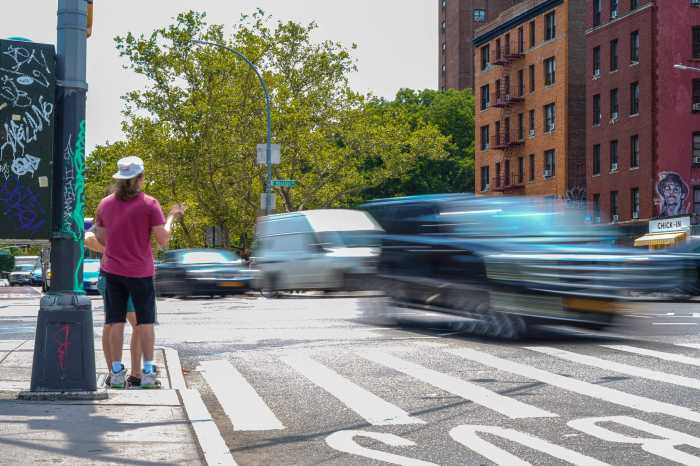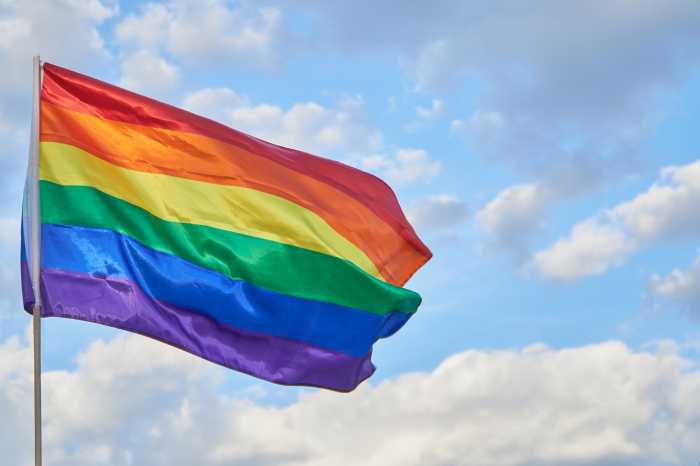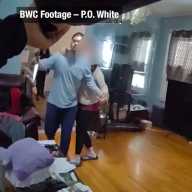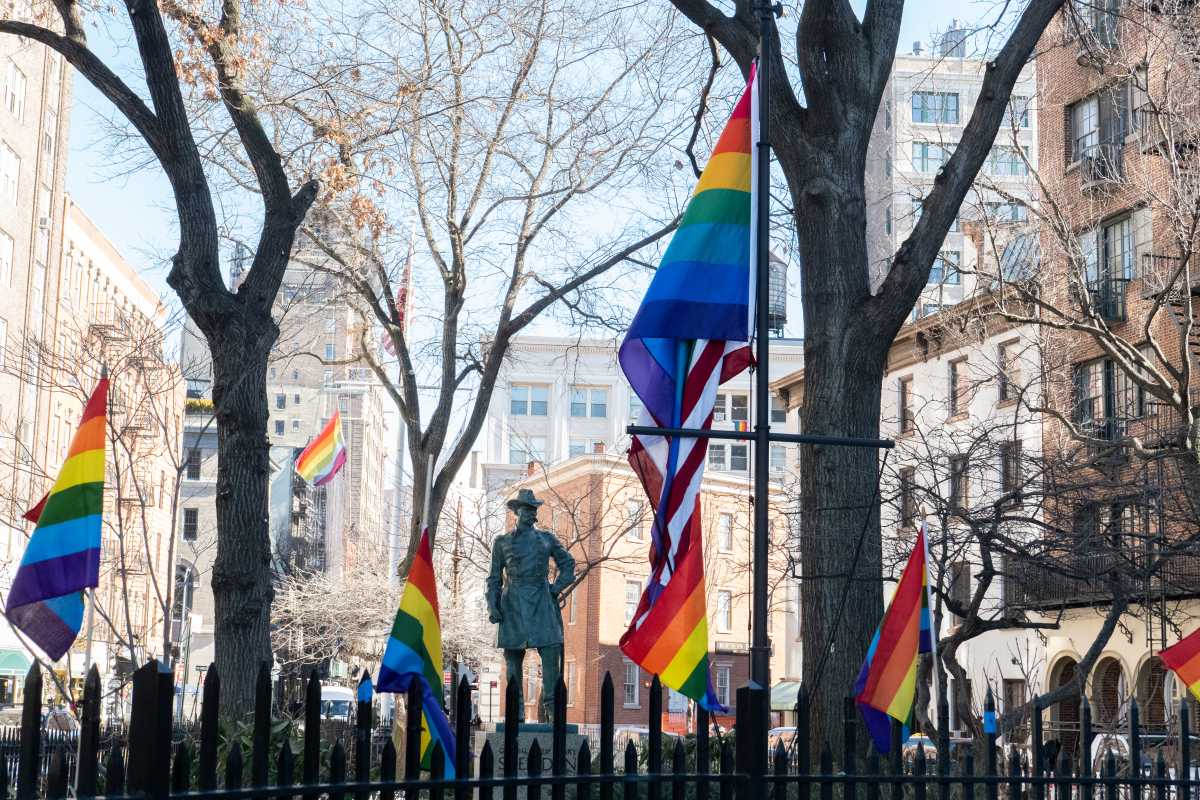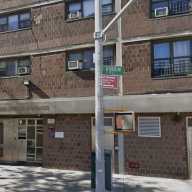
Last week, a federal judge barred Los Angeles from enforcing nearly all of its gang injunctions. Long an anti-gang tactic, injunctions banned alleged gang members from carrying phones and, in some cases, from associating with family who may also have been labeled gang members.
Activists had argued the injunctions were arbitrary and unconstitutional, and the courts, at least for now, agree.
The decision is the latest challenge to gang enforcement methods. State auditors in 2016 found California’s gang database, CalGang, plagued with errors — even listing 1-year-olds as gang members. In Chicago, police have admitted mislabeling a man as a gang member, leading to an arrest by ICE. In Portland, officials ended the city’s gang database.
Are you in NYC’s gang database? If you are, you probably won’t know it and have no way of challenging the label. The NYPD has been secretive about its methods, while anti-gang tactics are intensifying.
What we know should raise eyebrows: loose criteria (which neighborhood you live in, colors you wear, with whom you associate) can tag someone a gang or “crew” member. Thousands, according to the NYPD, have been arrested in gang raids.
But what don’t we know?
New Orleans recently scrapped a partnership with Palantir Technologies, a controversial data analytics firm, after a series of stories exposed a relationship so secret that some local officials didn’t know about it. Palantir helped police there surveil and datamine social media activity to build gang-related cases — many against young black men.
Palantir has done similar work in NYC with no oversight by the City Council, and some of the company’s data has been used in trials involving alleged gang-related crimes by Manhattan D.A. Cyrus Vance.
Where will a growing pushback to gang tactics around the country leave NYC? Do we have toddlers on New York City’s gang database, like CalGang did? Are city police officers, who new reports show are continuing to lie under oath, to be trusted to make gang designations — with all the legal consequences that accompany the word “gang?”
New Yorkers should seriously question whether our gang tactics are about public safety or scoring easy convictions in poor communities of color. History suggests the latter.
Josmar Trujillo is a trainer, writer and activist with the Coalition to End Broken Windows.
